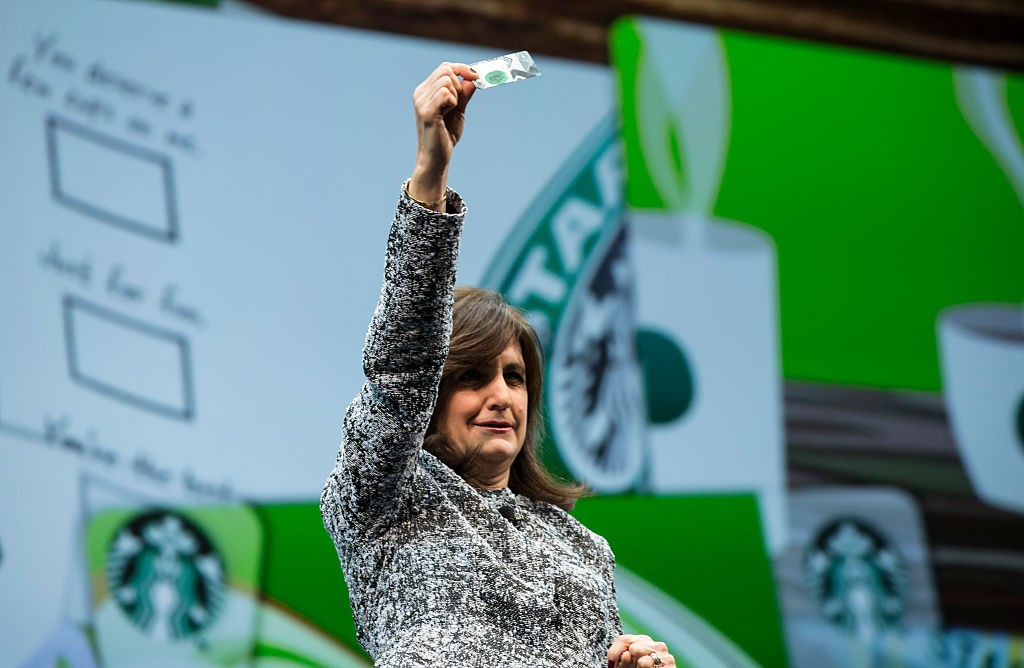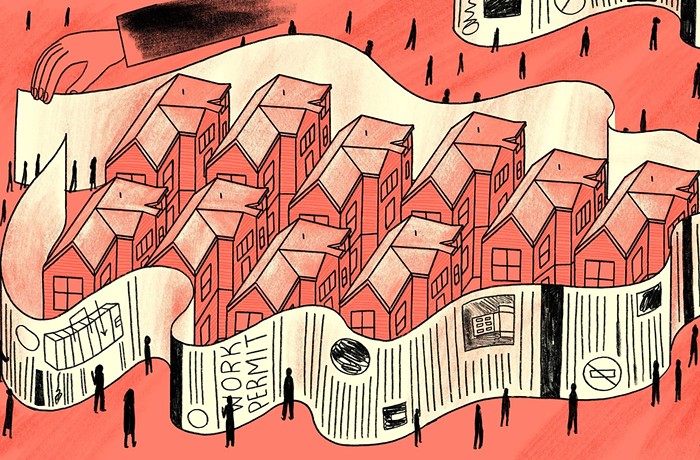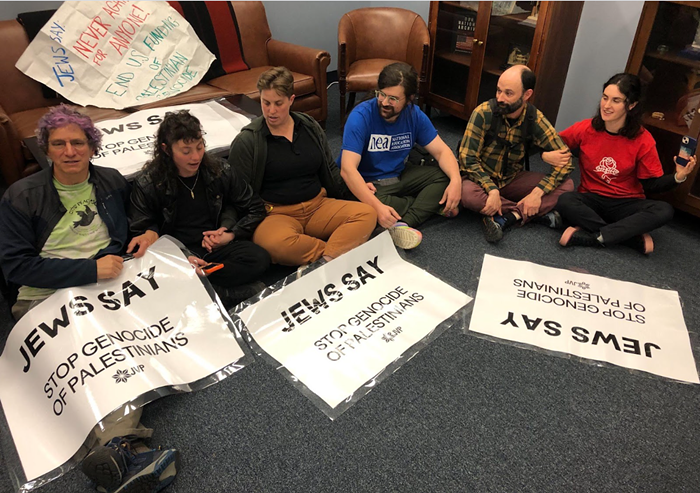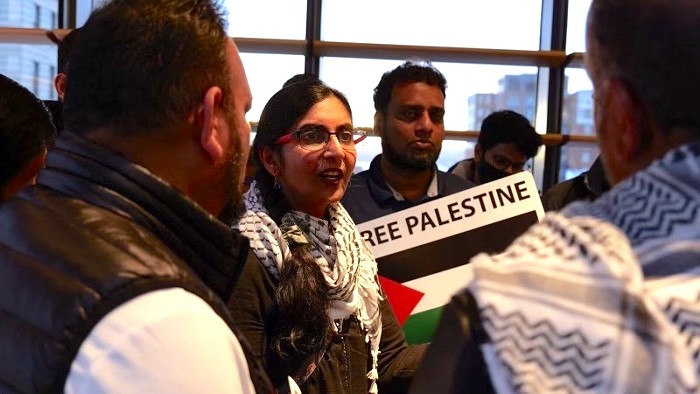Profit margins can be tiny for small businesses like the ones we operate, so we understand why some business owners may be wary about proposed consumer protections around gift cards.
The Gift Card Accountability bill (HB 2095 and SB 5988) now moving through Olympia would strengthen consumer protections around gift cards by closing a 20-year-old loophole that lets businesses keep consumers’ unspent gift cards and mobile app funds, using them to boost profits and executive bonuses. Our state legislators, including Senator Jamie Pedersen, a member of the Senate Ways & Means Committee, can restore consumer confidence by passing this bill.
We’ve heard some sky-is-falling rhetoric from business lobbyists, so we looked into the details and here’s what we found.
Most Washington businesses are exempted. Small and medium businesses with revenues under $100 million per year do not have to return unused gift card funds to consumers through the state. According to the Department of Revenue, only 100 Washington-based retail and service businesses that may sell gift cards are big enough to trigger this rule.
Many other states are ahead of Washington on gift card protections. Most big retailers in Washington, including Amazon and Walmart and more than 70% of other Fortune 500 corporations, already return unspent gift cards to consumers via the states they are incorporated in. You can search for yours at MissingMoney.com, which compiles unclaimed property records from around the nation, including hundreds of millions in unused gift cards.
Washington used to require retailers to return unused gift cards to the state where consumers could reclaim them. Corporations like Starbucks successfully lobbied to create a loophole in Washington law in 2004, allowing them to pocket their customers’ unspent gift card balances. Back then, Washington corporations reported just $3 million unspent dollars on gift cards each year. Last year, just two of Washington’s biggest retailers—Starbucks and Nordstrom—reported $255 million in gift card money pocketed from consumers.
Returning consumers' gift cards will be easy. A lot has changed since 2004, when Washington businesses were last required to return unspent gift cards, and the changes in technology have made this even easier.
Here’s how it works in other states, and how it would work in Washington:
- Consumers buy gift cards or load money on a payment app.
- Consumers already can register gift cards with the seller, but they are not required to.
- After three years, if consumers don’t use all of their balance, businesses send the unspent money to the state’s unclaimed property program, along with any consumer contact information the company already has.
- Gift cards have no expiration date, so if the consumer redeems the balance after three years, businesses can get their money back from the state.
- Gift cards not claimed by consumers, an estimated $1 billion over 10 years, would go to Washington’s education, housing, health care and other public services, helping everyone, not just a few wealthy executives.
Returning consumer gift cards will rebuild consumer trust. Unspent gift card money–money for which the companies neither provide a product or service–is an income stream for big retailers that is about as profitable as you can get. But it undermines consumer trust in businesses and in gift cards generally.
Thanks to the loophole they helped create two decades ago, Starbucks was able to keep $215 million last year alone, and in the last five years, Starbucks kept almost $900 million of customers’ unspent gift cards as corporate revenue, likely inflating executive bonuses.
Starbucks is also currently sitting on more than $2 billion in unspent gift card and mobile app money–money collected through “dark patterns” on their mobile app–according to a complaint filed by consumers. This money is essentially an interest-free loan from its own customers that the coffee giant can use to drive out small business competitors who must rely on banks, and to pay lawyers to block Starbucks workers from unionizing.
Unused gift cards belong to the people who bought them. If you left a jacket in one of our restrooms, we wouldn’t start wearing it. If you leave a gift card unspent, we wouldn’t use that money for ourselves. We would never count our customers’ unclaimed property as our own, and neither should other Washington businesses. Our state lawmakers should pass consumer protections on gift cards and bring our state back in alignment with our values.
Steven Severin owns Neumos.
David Weeks is the COO of Fat's Chicken & Waffles, Lil Woody's Burgers, Mezzanotte, Ciudad Grill, Darkalinos, and Hometeam.



















